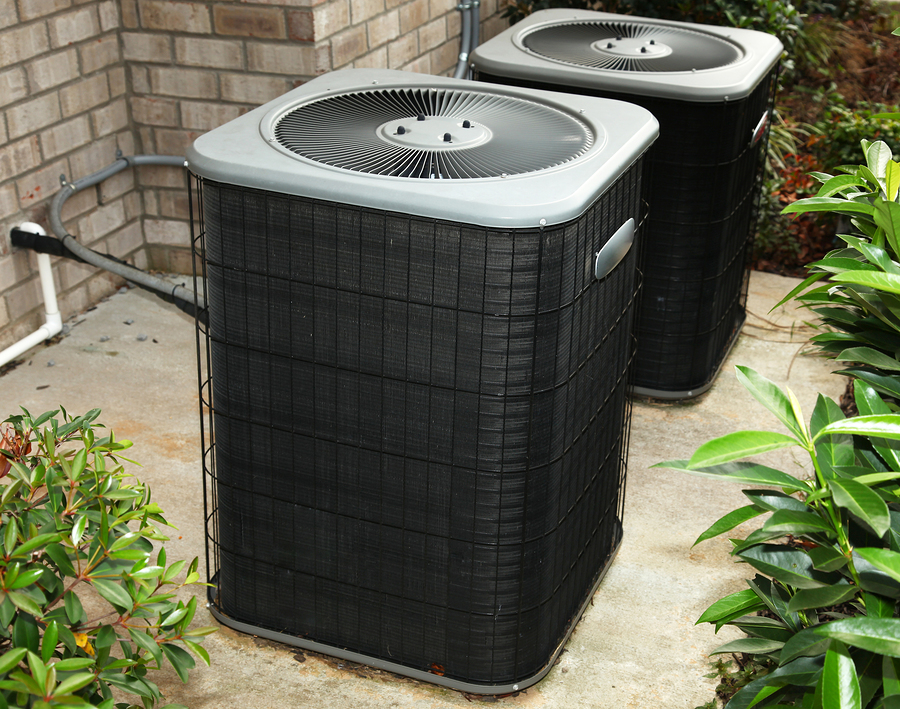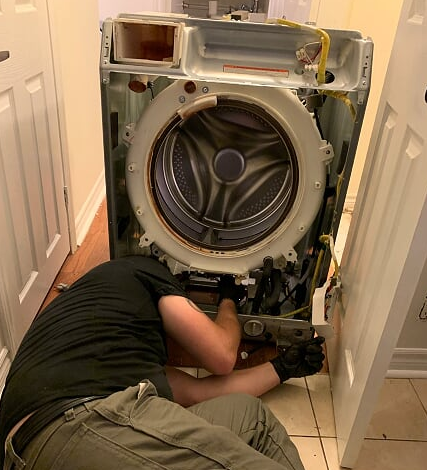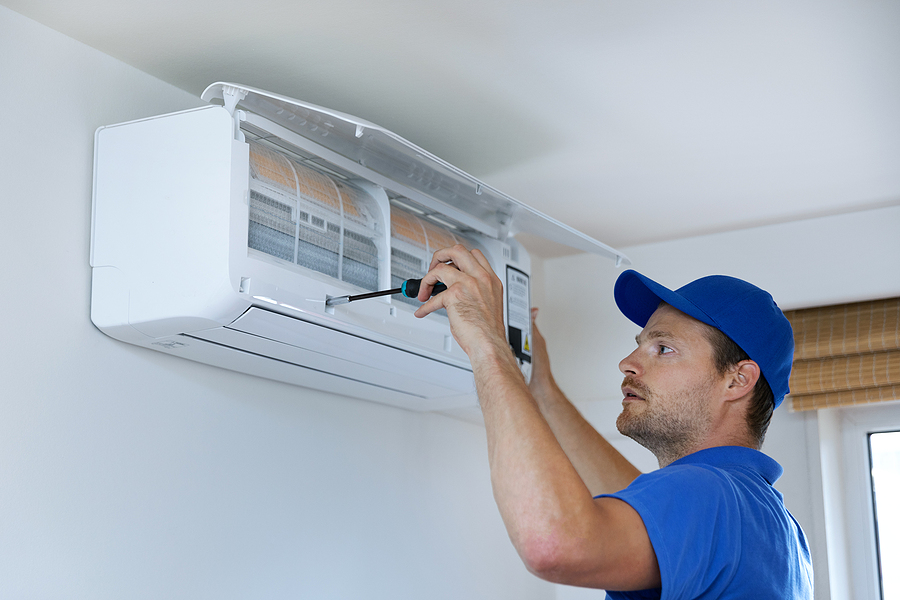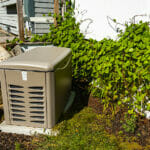It’s finally time. You’re pulling the trigger on a new AC. Congratulations! Whether you’re making a long-awaited upgrade or doing this as you move into a new place, buying a new air conditioner is generally the right decision. New air conditioners require less maintenance for a longer initial period from purchase. When the time does come for repairs, it helps if you live near certain locations. For example, there are very attractive, hassle-free options for air conditioner repair in Toronto.
That said, there are a few ways a generally right decision could go wrong. For air conditioners in particular, this could mean a number of things. Buying an AC, or several, is a significant expenditure. To stay on the right track and experience no buyer’s remorse, it is well worth your time to consider researching your options in detail and speaking with experienced professionals before finalising your decision, financially speaking.
For the future benefit of your home, finances, and life in general, we’ll be taking a closer look at some of the important variables that could go off-kilter and make the generally right decision to buy a new AC, go wrong.
Selecting an Inappropriate Size
For air conditioners available for purchase on the market, size is paramount. Not in the way many people think, however. There is a widespread belief that the larger the air conditioner is the more superior its performance. This belief is manifestly false.
Your air conditioner’s size should be determined by the space you want to use it in. It should be neither too small, nor too large. Are you installing it in a small bedroom? A large living room? A kitchen? If your AC is too big for its section, you could end up suffering more with regards to the quality of air, utility expenses, mould, or even malfunctioning electronic components.
Conversely, the AC you buy shouldn’t be too small for its chosen room. More likely than not, this will increase your long-term expenditure. This is not just a question of power efficiency or hydro bills. The additional output required of an AC smaller than its target area will more likely exhaust its components in a shorter time period than originally anticipated. You might end up paying for repairs or replacements more frequently than you need to.
Consider inviting a professional to give you an idea of the best air conditioning options for your home. This is likely to not only save you some expenses, but also a lot of trouble.
Making False Economies
You get what you pay for. Often enough, that old saying is bang on the money. While there are absolutely terrific deals to be made out there sometimes, there are far more air conditioners being sold for less because they offer less. In the near but not immediate future, it may very well cost you much more to buy an unsuitable AC just because it seemingly costs less in the immediate future.
If you can afford to buy a more suitable AC for a little more, but it feels unnecessary, rethink that position. Remember that you’re not just paying the retail price. There are also expenses related to power, system and home repairs, as well as unforeseen costs. You buy an AC in one day, but you consider its expenses for years to come.
Getting a Singular Estimate
Sometimes there are multiple air conditioners to suit your needs. Similarly, there are multiple ways to install them. While costs for appropriate AC units may vary, so too, can costs of suitable installations. For this reason, it is better to ask for a quote or an estimate from more than one contractor. Ideally three or more.
This allows you a better range of selections for your potential AC solutions. It’s also helpful to research some of your options beforehand. If contractors are aware you’ve studied the details closely, they may be more informative themselves.
When getting price quotes or specific estimates from contractors, do so in written form. The written material should include details for warranties, guarantees, timelines as well as the finer individual details for what amounts to the overall amount to be paid.
Disregarding the SEER
Not your local psychic. SEER stands for Seasonal Energy Efficiency Ratio. It can tell you which air conditioners can do more whilst consuming less energy. While this is a great consideration for hydro bills and the environment, there’s more to it. An AC with a good SEER can help with issues like home aesthetic, space, and initial finances. A slightly smaller AC with a high SEER can sometimes be a more valid option than an AC on the bigger side with a significantly lower SEER.
If, after professional advice, that option seems feasible for your home, you would save money on three fronts. Initial purchase price, regular utility payments, as well as the frequency of repairs and replacements. If the option is not feasible and you end up needing the bigger unit, you’re still saving money on two fronts. Try to go for a SEER of 16 and up. The higher the number is, the more energy efficient the unit is. A more energy efficient AC unit may also qualify you for significant environmental rebates in some countries and jurisdictions, saving you money on four fronts!
Not Vetting the Contractor
It seems tempting to hire a contractor charging much less, doesn’t it? While not always a bad thing, again, you get what you pay for. Look at past reviews. Examine any available certification. Ask yourself if the price your contractor is offering is low enough to compete for business or low enough to tempt you to ignore a lack of qualifications? If it’s the latter, then definitely hire someone else.
Now you know about some very important factors to consider before buying an air conditioner. We hope arming you with this knowledge will help your purchase go a little smoother. Good luck!
Image Source: BigStockPhoto.com (Licensed)
Related Categories: Home, Reviews








